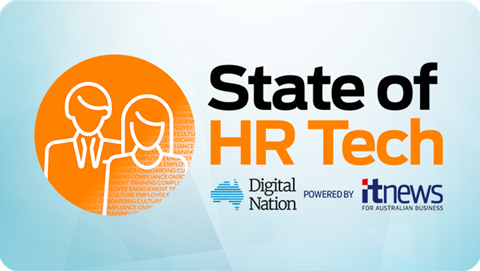Working parents are more likely to leave their job than non-parents according to new research from McKinsey and Company.

The McKinsey report reveals that pressures including childcare responsibilities and the search for a better work-life balance are pushing parents to quit for more flexible work opportunities including starting their own business or the gig economy.
In a survey citing 20 reasons for leaving a job in the past 6 months, parents cited family care in the top 5 reasons, with non-parents listing this as number 18.
The research also shows that this trend is set to continue in the coming months, and is even higher among non-white families.
“For instance, fully half of non-White fathers we surveyed said they were planning to leave their jobs. Non-White mothers are planning to leave at higher rates than White mothers, at 43 percent to 34 percent,” the report said.
“But this trend among non-White parents—as well as the large numbers of women who have left the workforce since the pandemic started—is compounding the challenges organisations face as they pursue goals related to diversity, equity, and inclusion.”
The Workplace Gender Equality Agency’s (WGEA) report earlier this year revealed that less than 50 percent of Australian women are working in a full-time capacity across every age range. And that the trend for women to move away from full-time work happens at approximately at age 35.
According to WGEA, “If organisations want to unlock the potential that these women can provide after the age of 35, there needs to be a shift in workplace structures surrounding them. Creative workplaces will reap the talent rewards today and in the future.”
WGEA’s research supports the McKinsey study which reveals that the working parents looking to quit their jobs are largely mid-tenure employees in managerial or key-contributor roles.
“They are leaders or are on the leadership track. Any organization that loses this cohort can take a big hit to its institutional knowledge, including its managerial capabilities and mentorship pipeline,” the McKinsey report said.
According to the authors, for organisations looking to retain their talent, providing opportunities for flexible working is critical.
“McKinsey research throughout the pandemic has shown that the best companies listen closely to their employees and craft responses tailored to their needs. In the case of parents, even more than other groups, this means focusing on work–life balance and health while treating remote work and schedule flexibility—formerly viewed as perks—as table stakes.”
The report highlights radical flexibility as a concept that organisations can implement, where employees can design their working hours to suit their own lifestyles.
“Companies that experiment with how to design jobs that will appeal to parents—and anyone looking for more flexibility—are acknowledging reality: no matter how dedicated they may be to their jobs, individuals are more than employees,” the report said.
“Parents need to take care of their children, adult children may need to take care of aging parents, and we all need to take care of our own health and well-being. Companies that get creative with solutions are meeting this need for flexibility with a flexible response—a welcome model for everyone."



.png&h=140&w=231&c=1&s=0)

_(28).jpg&h=140&w=231&c=1&s=0)





 iTnews Benchmark Awards 2026
iTnews Benchmark Awards 2026
 iTnews Executive Retreat - Security Leaders Edition
iTnews Executive Retreat - Security Leaders Edition
 iTnews Cloud Covered Breakfast Summit
iTnews Cloud Covered Breakfast Summit
 The 2026 iAwards
The 2026 iAwards












_(1).jpg&h=140&w=231&c=1&s=0)



